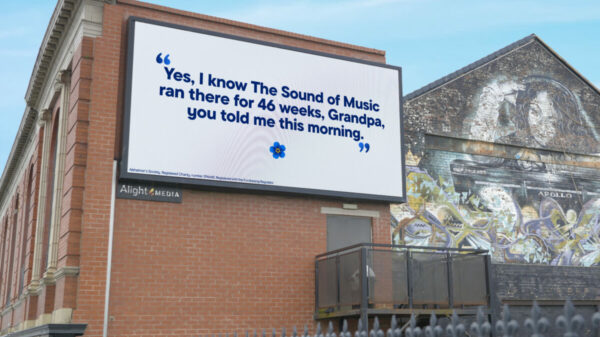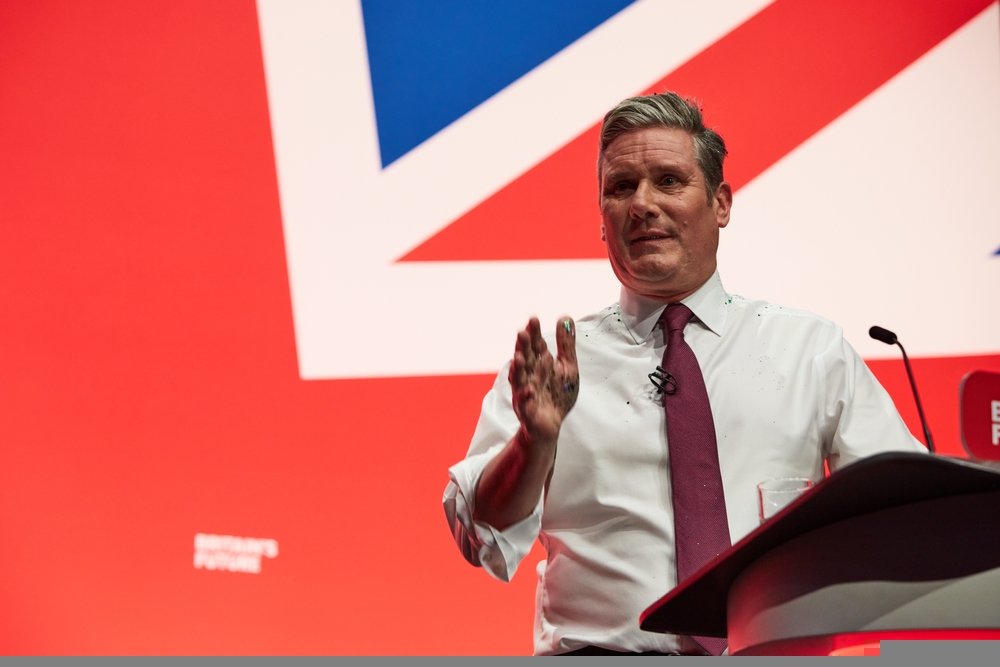It’s never a good day when climate protest group Extinction Rebellion have you in their sights. Last week, the London offices of global media giant Havas were the subject of a mass ‘die-in’ – which is exactly as much fun as it sounds.
The protest was being held to kickstart an ongoing campaign to encourage Havas – which ER refers to as ‘Shell’s new chief greenwasher’ – to dump the controversial oil and gas company as its client.
After the undoubted high of poaching Shell’s immensely lucrative media account from WPP’s GroupM, the furious backlash that has come off the back of the win has left the Paris-based firm in something of a bind.
Adding insult to injury, Havas’ hard-won B Corp status is now in serious jeopardy and the accusations of rampant hypocrisy are piling up at the door.
So just where does this leave the agency and the wider industry as a whole? Is it really worth going after accounts like Shell – even if they are incredibly profitable – when the reputational damage is as significant as this?
The severity of the backlash faced by Havas this past month must surely act as a strong deterrent to any other agencies looking to pick up similar accounts in the future – and may yet prove to be an irrevocable turning point.
Was the Shell deal it really worth it?
Setting aside any moral questions for the time being, (naturally, there are a fair few) and examining the situation from a purely objective standpoint – was any of this is really worth it?
Estimated to be worth somewhere in the region of £22 million, the Shell account would prove to be an immensely valuable piece of business for any agency – the oil giant spent a reported £197 million on measured media across 2022 alone.
Cleary, the financial rewards that can be gained by doing business with Shell were the key motivator for Havas in pursuing this account – but is it really a viable business opportunity when the reputational damage is as serious as this?
Founder of creative collective Glimpse, James Turner says: “any agency that works with a company like Shell can kiss goodbye to its reputation regarding climate change”.
“So if you’re investing in corporate social responsibility (CSR), if your reputation with other clients is important to you, if you want to attract the best talent from other agencies, then you can’t work with oil companies.”
He continues: “I’d seriously question whether it’s viable for a modern agency to work with Shell and thrive. I don’t think so anymore. That’s why we’re seeing more and more agencies sign the Clean Creatives pledge.”
Subscribe to Marketing Beat for free
Sign up here to get the latest marketing news sent straight to your inbox each morning
Has Havas been hard done by?
It is hard not to have some sympathy for Havas – after all, they’re not the ones doing the actual polluting. They will, however, be promoting Shell and its wider activities – which, despite some moves to develop renewables in recent years, still makes the overwhelming bulk of its profit from fossil fuels.
Does Havas deserve the visceral backlash that it has experienced over the past few weeks?
Maybe not, although as climate-focused agency Kibbo Kift founder and CEO Sam Narr points out: “It only takes a moment to search for the devastating impact and deceiving tactics used by big oil to misinform the public about its operations, and agencies are complicit in this work. Havas will be when they take on the account in 2024.
“I fail to believe the senior team or anyone involved in the pitch process to win the account was unaware of Shell’s catastrophic impact on the earth,” Narr adds.
“It’s unforgivable, and Havas and its many creative minds have shown that they are on the wrong side of history.
Taking this one logic one step further, it’s also hard to believe that Havas’ leadership team would not have considered the high probability of some kind of backlash.
For Turner, the backlash against Havas has been entirely justifiable – he says it is “absolutely fair” that agencies are “held to account for their clients”.
He elaborates: “It’s why people don’t like agencies working for tobacco firms or arms companies. These agencies create what we call ‘social license to operate’ for their clients, and if they’re doing that for oil and gas companies, it’s a disaster for the climate.
“I think Havas has been surprised by the backlash they’ve received, but we’re not because we talk to young creatives all the time, and they’re shocked by the idea of a top agency pitching for Shell in 2023. This backlash is only going to get more powerful.”
What does this mean for the future?
The difficulties faced by Havas over the tumultuous last few weeks begs the question: will there come a time when working with the oil and gas industry simply becomes wholly untenable for advertising agencies?
In an era when a company’s green credentials and ESG score are often key decision drivers for new business and potential investors, it’s certainly not of the cards.
Sustainability sells – so why risk shooting yourself in the foot with the negative PR and reputational damage? Turner thinks it’s a no brainer, adding that the burgeoning green consciousness of young creatives will help spearhead that shift.
“We’re working to make it untenable. The oil companies want us to believe that they are trying to move to renewable energy, but time and again, they break their promises and backtrack. It’s like the tobacco industry saying they want people to quit smoking – they simply can’t be trusted,” he says.
“We work with young creatives all the time, and it’s increasingly clear that they prefer agencies whose values match their own, especially on climate change.The most successful agency of this decade will be the one that develops a thriving business without propping up the fossil fuel industry. That’s the future.”
Narr concurs with this view – pointing to an industry-led “uprising” by the likes of Comms Declares, Clean Creatives, Glimpse, Creatives for Climate and Purpose Disruptors as clear evidence of wider malaise within the creative sector and a clear desire for change.
“The reputational damage associated with working with the fossil fuel industry will cause havoc,” he concludes.
“I anticipate that smaller agencies will be built to work with the sector specifically, and they’ll be largely anonymous.”
So is this the final nail in the coffin for large agencies looking to work with oil and gas clients? Maybe, maybe not – but if any of Havas’ competitors were thinking of pitching for similar accounts any time soon, you can bet they’re now thinking again.









